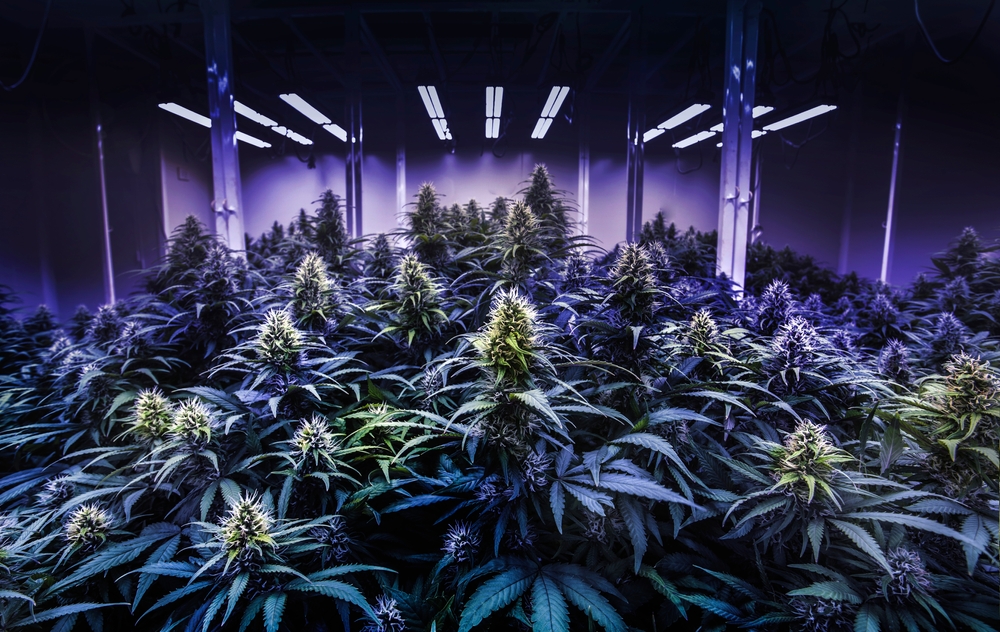Have a question? 06 70 73 89 02
🔞 Not for sale to under 18s
🔥 20% off EVERYTHING on the site with the code: FLASH!!! 🔥 ( except accessories and gummies)
Have a question? 06 70 73 89 02

The list of new cannabinoids available on the market continues to grow. Between the cannabinoids naturally present in hemp(CBDP, THCP...) and those created in the laboratory(10-OH-HHC, THCN...), there is today an incredible variety of choices.
To this long list must now be added THC-jd, or its full name: tetrahydrocannabiotryl.
The headlines are already announcing: " THC-JD: 19 times more potent than THC! But what is it really? Where does this cannabinoid come from, and how is it synthesized? We answer all your questions!
Not much is known about the discovery of THC-jd. What is known is that tetrahydrocannabiotryl is one of the latest minor cannabinoids to be discovered. Its discovery is even more recent than that of THC-P and THC-V.
THC-jd was discovered in 2020, and like THCP, THCV and CBN, it is a minor cannabinoid naturally present in many varieties of hemp. But it is present in minute quantities. Since it was discovered later than THCP, it is probably even less present than THCP, which accounts for only 0.20% of cannabinoid concentration.
At the molecular level, THC-JD is very similar to THCP and THC. The main difference lies in their carbon chain. THC has 5 carbon atoms, THCP 7 and THC-JD 8.

According to early data on THC-jd, its strength lies in this chain. This longer chain enables it to bind more tightly to endocannabinoid receptors, thus producing more powerful effects.
The question of effects is always at the heart of these neo-cannabinoids. THC-jd is billed as the "most potent cannabinoid ever", but is it really?
Before it, THCP was similarly advertised as "33 times more potent than THC". However, this claimed "potency" is not measured in terms of effect, but in terms of endoreceptor stimulation. Which makes quite a difference.
As far as THC-jd is concerned, virtually no data or studies have been published on either its potency or binding affinity. And although its molecular structure would suggest that this molecule can generate greater binding than THCP, in the absence of formal proof, this "potency" that many speak of seems more assumed than real.
As we said, in the absence of any serious reports on the effects of THC-jd, all that remains is to get an idea of its effects from its structure and the feedback from consumers who have tried it.
Like all cannabinoids close to THC-p, THC-JD seems to act on:
The reported effects are:
However, as is often the case, these effects, their potency and duration, vary from one opinion to another. What's more, given its molecular structure, THC-jd can potentially cause the same undesirable effects as THC-jd: anxiety, dizziness, a kind of paranoia... So if you're going to use it, we advise you to do so in moderation, especially in the early stages.
Again, like Delta-P, THC-jd is found in too small quantities in hemp plants to be isolated and reproduced simply and viably for production.
It is produced synthetically, and is classified as a semi-synthetic cannabinoid.
The easiest way to produce it is to start with CBD isolates. This is subjected to chemical reagents that modify its molecular composition, producing CBD-JD. This molecule is then subjected to other chemical reagents to obtain THC-JD. At the end of the process, the concentrate obtained is cleaned of chemical reagent residues and incorporated into flowers or resins...
So, although structurally close to THC, THC-jd is a compound derived from CBD .
Once again, like all neo-cannabinoids, or "alt-noids" as our American friends call them, THC-jd was authorized before it was banned. It took advantage of the legal uncertainty surrounding cannabinoids and the legislation governing new molecules on the market. But this relative legality came to an end on June 3, 2024.
THC-JD is now totally banned.
Discover our legal CBD derivatives
But don't worry, other cannabinoids and cannabinoid blends have since replaced them. At CBDOO, for example, you can find THM (The Hot mix), a very powerful cannabinoid blend, or 10-OH-HHC, a metabolite of HHC, with similar effects.
A recent addition to the long list of new cannabinoids, THC-JD is causing quite a stir in the community.
Like many in its class, unfortunately not much is known about it, and with the change in its legal status in France, there's little chance of any studies being carried out on this molecule in the hexagon.
-
Have you read this article? Feel free to browse our blog dedicated to CBD to learn more about this exciting world!